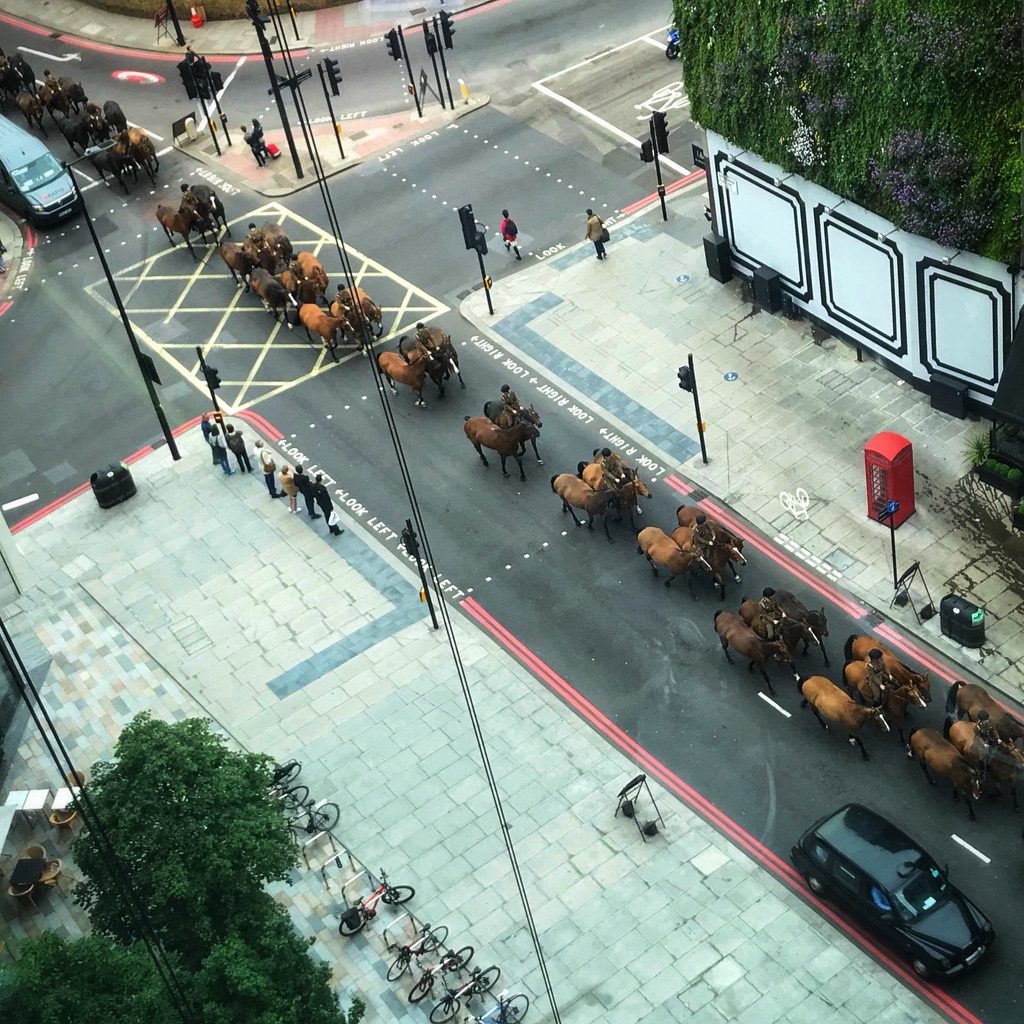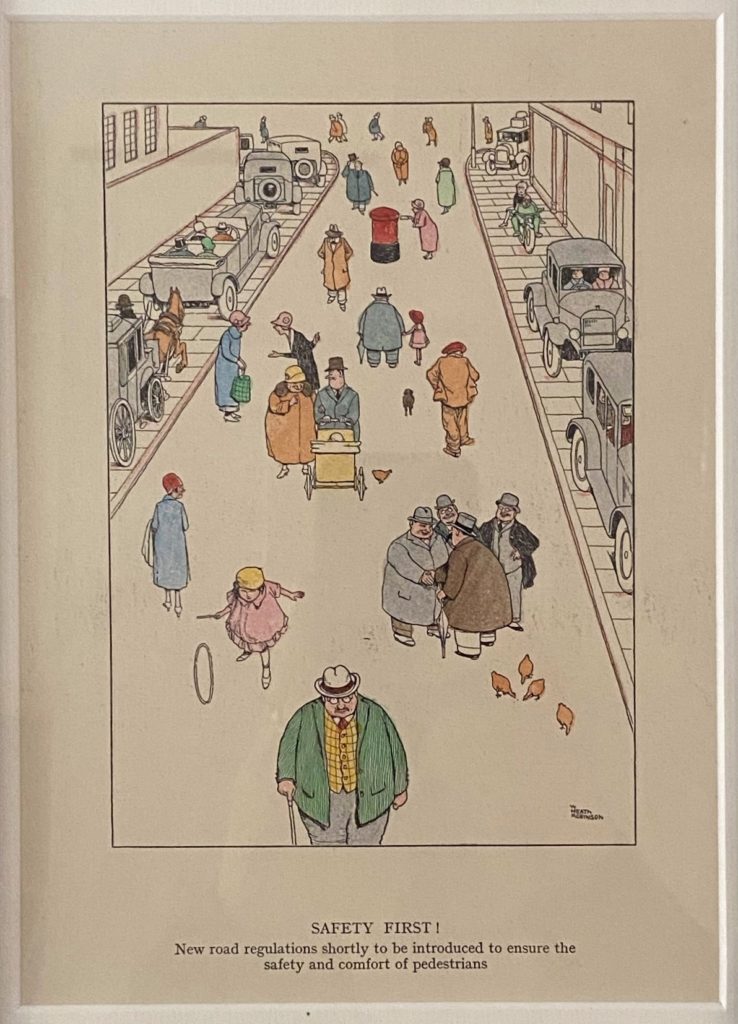Every town and city has traffic problems. Most of them arise from evolution. That is to say, the function of the towns has changed with time. Dalkey in South County Dublin is no different.
The infrastructure that is the nexus of any town has a tendency to be outgrown. That’s not to say redundant. Imagine, for example, the horse puckey problems you’d have to live with if the internal combustion engines (ICE) hadn’t rescued us from foul odours, flies and the squelch underfoot. And if you can’t imagine it, consider that history records there were four or five horses for every human when the ICE began to replace equine power. That’s a lot of manure.

Of course, horses eat more than humans. And so that transition from horse power to ICE power became a factor in the global agricultural depression that prevailed between the two world wars. This was one of the first clear cases of collateral damage from a major technology change. Then human ingenuity found ways to capitalise on the ICE and commenced a huge expansion that lasted until now (more or less).
A couple of years ago, when we were resident in London, my wife and I frequently walked east along the Southbank of the Thames. We did this in order to have an excuse to stop under Waterloo Bridge, on the so called Queen’s Walk. There, we’d browse the tables of secondhand and antique books in the only market of its kind in the capital. And we rarely came away empty bagged.
I enjoyed chatting to some of the booksellers and learned one or two of their smaller secrets over the course of several months. I learned that it’s a very competitive business. One young woman, originally from Moscow she said, often had the freshest selection of the kinds of books we like. Novels mostly, the kinds once published and sold for 2/6 by Penguin or Pelican. Hers were books that reminded me of the luridly decorated Paperback Centre that was once a goto shop on Suffolk Street in Dublin.
Books are just one of the things sold at this market. Pictures are another. Many of the pictures on sale were liberated from damaged books. Perhaps it’s best not to ask why else they would have been cut out? I write this knowing that there has been a trade in ancient maps, framed and sold as retirement or award gifts. Some of these maps are folios known to have been razored from precious books in libraries across Europe.
On one table, I spotted a collection of A4 sized cartoons, each individually wrapped, held firm with a cardboard insert. Most were by W Heath Robinson and there was one that was singularly apt.
”Safety first! New road regulations shortly to be introduced to ensure the safety and comfort of pedestrians’
My employer had recently moved office from the suburbs to Victoria and a common subject for discussion was pedestrian safety. Pedestrian issues were quite different in the heart of Victoria than they had been on streets closer to the M25. Suffice to say that the advantages of battery powered buses, cars and bikes are in conflict with the ubiquity of personal earbuds. We’re all fit so the new mantra had become ‘survival of the most attentive’.
I bought the 1935 Heath Robinson cartoon and mounted it in my office in 2018. It’s now in a frame in our home and because I framed it, I know from the inner edge and the print on the obverse that this copy was razored from a book.

The situation in the pretty village of Dalkey is that the pavements are ever widening to the point that in some place they occupy more space than the roadway. And so, Heath Robinson’s vision is being implemented for the pandemic by chicanery afforded in knee-jerk laws that give local authorities the right to act without consultation.
It’s funny (peculiar) that the inversion in the cartoon is mirrored in the narrowing of the streets. The many-to-one nature in inverted. In Heath Robinson’s day, trams were probably packed with people looking proudly out on the few walking the pavements. Today, the sidewalk coffee shops are packed with people looking out on the one or two souls gliding past in SUV’s that weigh the same as the old trams.
I, for one, will take my good sense of humour and irony to accompany my refined skepticism when I shop somewhere else, places that are more accommodating.

Leave a Reply